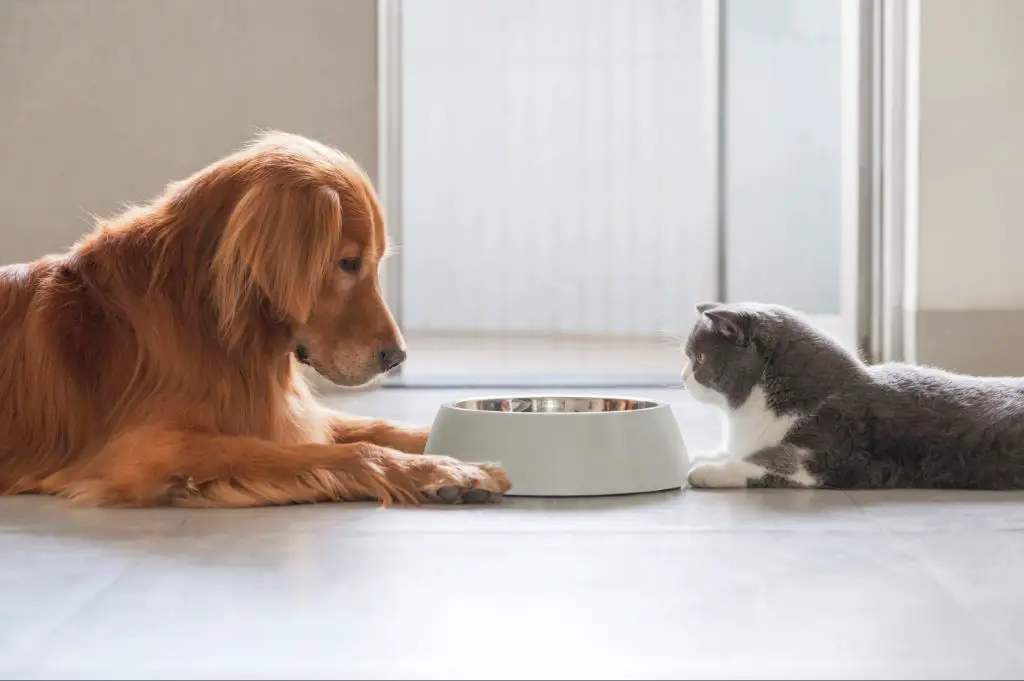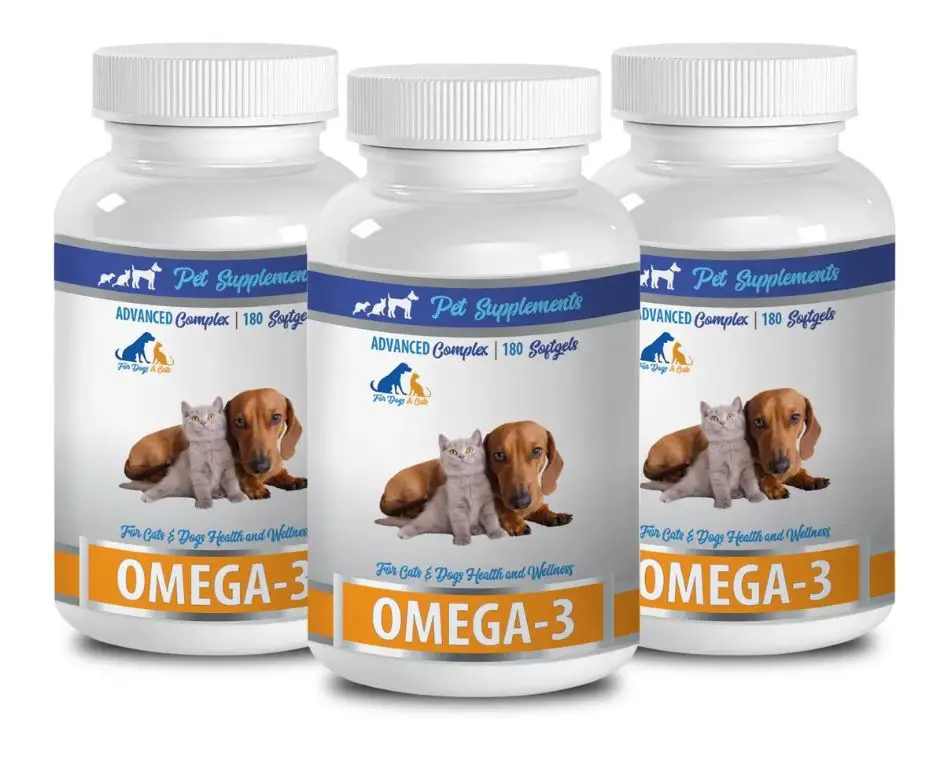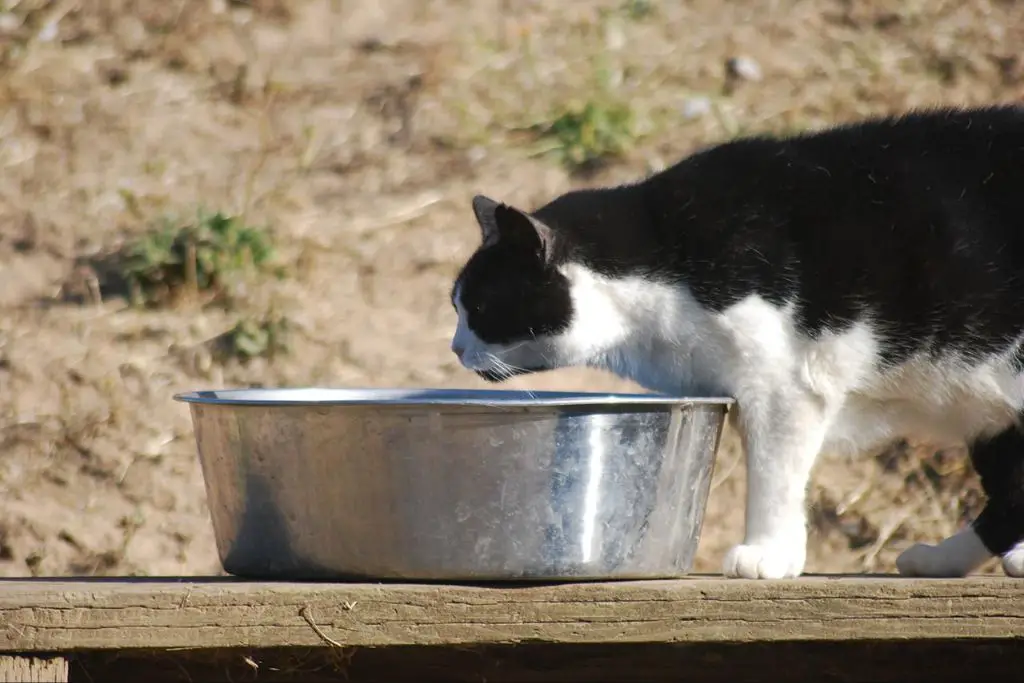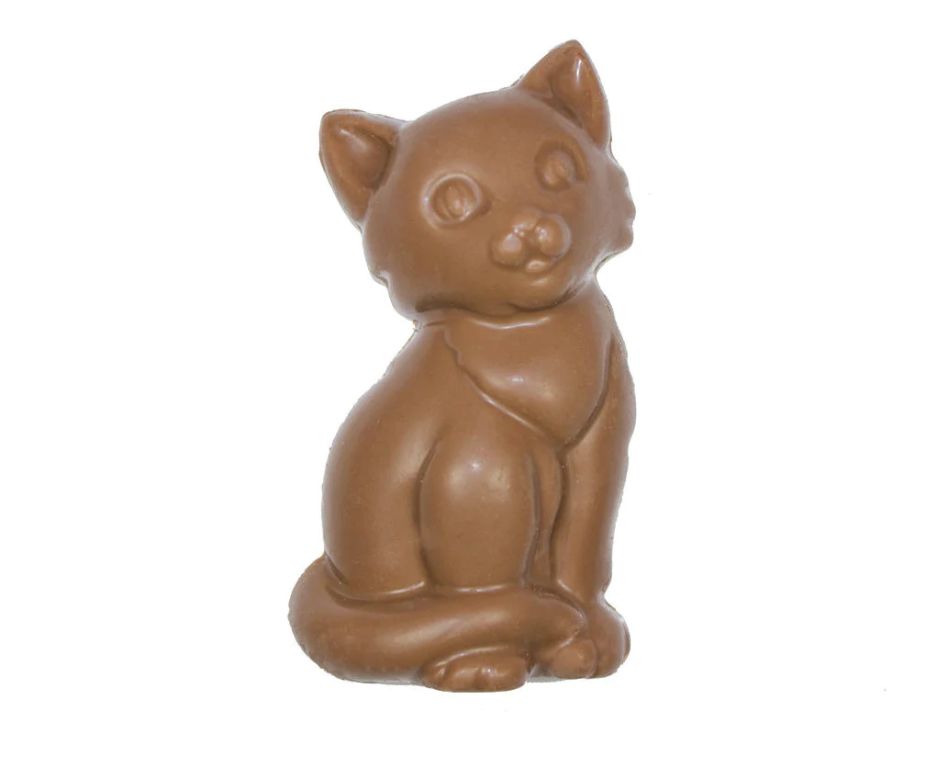Both dogs and cats are carnivores, meaning their bodies are designed to process and derive nutrition from an animal-based diet. As a result, dogs and cats have very similar nutritional requirements despite being different species. They need adequate amounts of protein, certain vitamins and minerals, and fatty acids to stay healthy. However, there are also some key differences between the nutrient needs of dogs versus cats that must be considered when feeding.
It’s important to note that some human foods can be toxic for dogs and cats. Foods like chocolate, onions, grapes/raisins, and xylitol (an artificial sweetener) can be very dangerous and even fatal if ingested by dogs or cats. Pet owners need to be aware of human foods that are unsafe and avoid feeding them.
Protein
Protein is crucial for dogs and cats as it provides amino acids that help build and maintain muscles, organs, and immune function. Meat, eggs, and fish provide high-quality, complete proteins that have all the essential amino acids cats and dogs need (Source). Both dogs and cats are carnivores, so they thrive on animal-based proteins like chicken, beef, turkey, lamb, tuna, salmon, and sardines. Eggs are another excellent source of protein for pets. It’s ideal to feed dogs and cats foods with at least 18% protein on a dry matter basis. High protein levels are especially important for puppies and kittens while they are growing.

Fruits and Vegetables
Fruits and vegetables can be a healthy treat for dogs and cats in moderation. Some good options for dogs include apples, blueberries, cantaloupe, cranberries, and mango. Cats can enjoy small amounts of banana and cantaloupe.
Limited quantities of fruits and vegetables provide beneficial vitamins, minerals, and fiber. However, they should comprise only a small portion of a dog or cat’s diet. Cats in particular, as obligate carnivores, have limited ability to digest plant matter and require meat as the mainstay of their nutrition.
Owners should introduce new fruits and veggies gradually and avoid harmful options like grapes, onions, garlic, and chives. It’s also important to wash produce thoroughly and remove pits, seeds, peels, and rinds, as these can present choking hazards or toxicity.
Carbohydrates
Both dogs and cats can benefit from carbohydrates in their diet. Carbohydrates provide a ready source of energy, with about 4 calories per gram (1). Cats, as obligate carnivores, have a higher protein requirement than dogs and can utilize higher levels of protein and fat in their diet. However, they still require carbohydrates for energy. For healthy adult dogs and cats, carbohydrates should make up 30-50% of the diet (2).
When choosing carbohydrate sources for pets, whole grains like brown rice, oats, and quinoa are excellent options. They provide natural fiber that supports digestive health. Processed grains like white rice have less nutritional value. Cats may benefit from low-glycemic carbohydrates like legumes to help manage blood sugar levels. Avoid unnecessary fillers like corn or wheat. Overall, whole grain carbohydrates give dogs and cats lasting energy (3).
Calcium
Calcium is essential for dogs and cats to build strong bones and teeth. According to the VCA Animal Hospitals, the recommended daily intake of calcium for adult dogs is 50 mg per kilogram of body weight. For a 10 pound dog, that’s about 225 mg per day. Cats require more calcium than dogs, around 100 mg per kilogram per day. For a 10 pound cat, the daily recommendation would be 450 mg.
Calcium is found in foods like dairy products, eggs, bone meal, bone broth, salmon, sardines, leafy greens, and supplements. Since homemade diets may be deficient in calcium, supplements are often recommended. When choosing a supplement, calcium citrate is often better absorbed than calcium carbonate. It’s important not to exceed recommended amounts, as excess calcium can lead to bone and joint issues.
Pregnant and lactating pets have increased calcium needs. Nursing dogs require 2-4 times their normal intake to produce milk. Lactating cats need 2-3 times more. Veterinarians may prescribe supplements during this time. Monitoring calcium levels is important to prevent deficiencies or toxicity.
Fatty Acids
Both dogs and cats benefit from omega-3 fatty acids, though the ideal ratio of omega-3 to omega-6 fatty acids differs between species. Omega-3s support skin and coat health, brain development, and anti-inflammatory effects. They are particularly important for cats since felines cannot efficiently convert plant-based omega-3s into the active EPA and DHA forms like dogs can.

Many veterinarians recommend omega-3 supplements to provide dogs and cats adequate levels of EPA and DHA. Popular options include fish oil and products containing marine algae. According to Nordic Naturals, omega-3 pet supplements should have a minimum EPA of 90 mg/1,000 kcal and DHA of 60 mg/1,000 kcal for dogs and cats.
When shopping for an omega-3 supplement, look for quality ingredients and products designed specifically for pets. Avoid low concentrations or rancid oils. Aim for EPA and DHA levels adjusted to your pet’s size and life stage.
Vitamins and Minerals
Dogs and cats require a balanced set of vitamins and minerals in their diet for optimal health. Some key vitamins they need include:
Vitamin A – Important for vision, immune function, reproduction, and skin/coat health. Natural sources include liver, fish oils, and colorful fruits/vegetables like carrots, sweet potatoes, and spinach (AKC).
Vitamin B – This group of vitamins supports metabolism, brain health, and red blood cell production. Good sources are meats, eggs, fortified cereals, and brewer’s yeast.
Vitamin C – Helps collagen formation, wound healing, and immune function. Dogs can synthesize their own vitamin C, but supplementing can still be beneficial. Cats require dietary vitamin C from animal sources like liver or supplements (Tufts).
Vitamin D – Critical for bone health and calcium absorption. Sunlight and fatty fish like salmon are natural sources, but many pets may need supplements especially if indoor-only.
Vitamin E – An antioxidant that protects cells from damage. Found in plant oils, nuts/seeds, green vegetables.
Some key minerals dogs and cats need include:
Calcium – Needed for strong bones and teeth, nerve function, blood clotting. Dairy, bone meal, fish with edible bones provide calcium.
Iron – Helps carry oxygen in the blood. Sources include red meats, organ meats like liver, leafy greens, fortified cereals.
Zinc – Supports skin/coat health, wound healing, thyroid and immune function. Oysters, beef, eggs, and legumes are good sources.
Magnesium – Found abundantly in whole grains, leafy greens, meat, milk. It aids bone strength and nerve/muscle function.
Getting a balance of these essential vitamins and minerals, whether through a complete commercial diet or proper homemade meals, helps dogs and cats stay healthy.
Hydration
Both dogs and cats need access to fresh, clean water. Water helps transport nutrients throughout the body, regulates body temperature, keeps joints lubricated, prevents constipation, and keeps organs functioning properly. Dehydration can cause serious health issues like kidney disease and urinary tract infections.
The ASPCA recommends always keeping a bowl of fresh water available for your pet. The water should be changed daily to keep it clean. Use stainless steel, ceramic, or glass bowls instead of plastic, which can harbor bacteria. Make sure the bowl is cleaned regularly with soap and hot water. Place multiple bowls around your home so your pet always has access to water.

Make sure your pet has enough water on hot days or after exercise when they are prone to dehydration. Some tips include adding ice cubes to their bowl or switching to a circulating water fountain, which keeps the water cool. You can also add water to their food or switch to canned food, which has higher water content. Monitor your pet’s water intake and contact your vet if you notice a decrease that could signal illness or dehydration issues.
According to the ASPCA, some signs of dehydration include dry or sticky gums, sunken eyes, lethargy, fast breathing, and lack of skin elasticity. Dehydration can become life threatening quickly, so make sure your pet’s water intake is consistent and adequate.
Foods to Avoid
There are several foods that should be avoided when feeding both dogs and cats. Onions, onions powders, garlic, chives, and shallots can damage red blood cells and lead to anemia in dogs and cats (source). Even small amounts can cause toxicity over time. Grapes and raisins have also been associated with kidney failure in dogs, so it’s best to avoid giving them to pets (source).

Chocolate contains theobromine and caffeine, which are both toxic to dogs and cats. The darker and more bitter the chocolate, the more dangerous it is. Even just a few ounces of dark chocolate can cause vomiting, diarrhea, seizures, irregular heartbeat, and even death (source).
It’s also best to avoid sugary human foods like candy, cookies, sodas, and ice cream. These provide empty calories and no nutritional value. Overconsumption can lead to obesity, dental issues, and diabetes in pets (source).
Conclusion
In summary, there are many nutritional needs that are common between dogs and cats. Both species benefit from a balanced diet containing appropriate amounts of protein, fatty acids, vitamins, minerals, and hydration. Quality sources of protein like meat, eggs, and fish are essential. Fruits, veggies, and whole grains provide key vitamins, minerals, and fiber. However, cats are obligate carnivores and require higher protein and fat, while dogs can tolerate more carbs.
The exact nutritional requirements depend on many factors like age, breed, and health status. It’s important to consult your veterinarian to develop the optimal diet plan for your individual pet. With proper nutrition suited to their needs, both dogs and cats can enjoy long, active and healthy lives.

